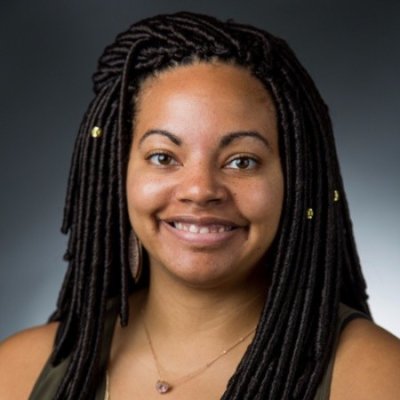Colette Tobias currently serves as a Doctoral Research Assistant at the University of Nebraska-Lincoln, where she leverages her extensive background in educational leadership to drive impactful research initiatives. With over a decade of experience in supervising diverse teams and developing strategic directions, Colette is adept...
Colette Tobias currently serves as a Doctoral Research Assistant at the University of Nebraska-Lincoln, where she leverages her extensive background in educational leadership to drive impactful research initiatives. With over a decade of experience in supervising diverse teams and developing strategic directions, Colette is adept at analyzing data to identify process improvements and innovative solutions. Her current role emphasizes her commitment to diversity-focused research, particularly in exploring marginal experiences and their cultural implications.
Colette is actively involved in presenting her findings at national conferences, where she shares insights on the cultural impact on underrepresented groups. Her expertise in qualitative data analysis allows her to facilitate focus groups effectively, ensuring that participant experiences are accurately captured and represented. By employing robust analytical methodologies, she extracts meaningful data that informs best practices and fosters an inclusive environment within educational settings.
In addition to her research endeavors, Colette excels in program management and supervisory roles, showcasing her ability to lead teams through complex projects. Her skills in public speaking and event planning further enhance her capacity to engage with diverse audiences, making her a sought-after speaker on topics related to diversity and inclusion. Colette’s adaptability and customer service orientation position her as a leader who not only inspires change but also cultivates a collaborative atmosphere conducive to growth and development. Through her work, she continues to advocate for underrepresented voices, ensuring that their experiences are acknowledged and valued within academic discourse.







